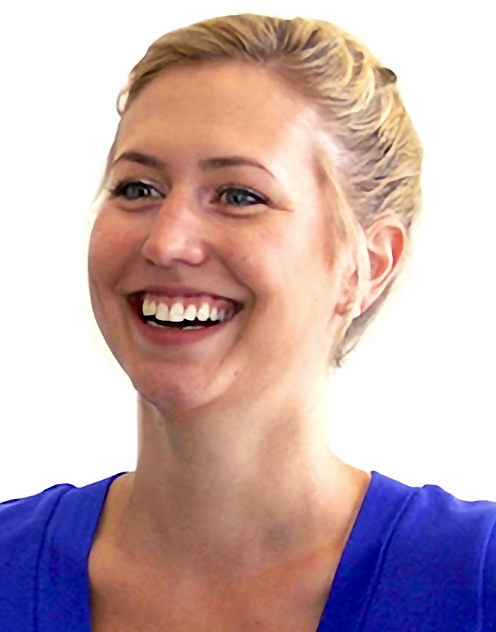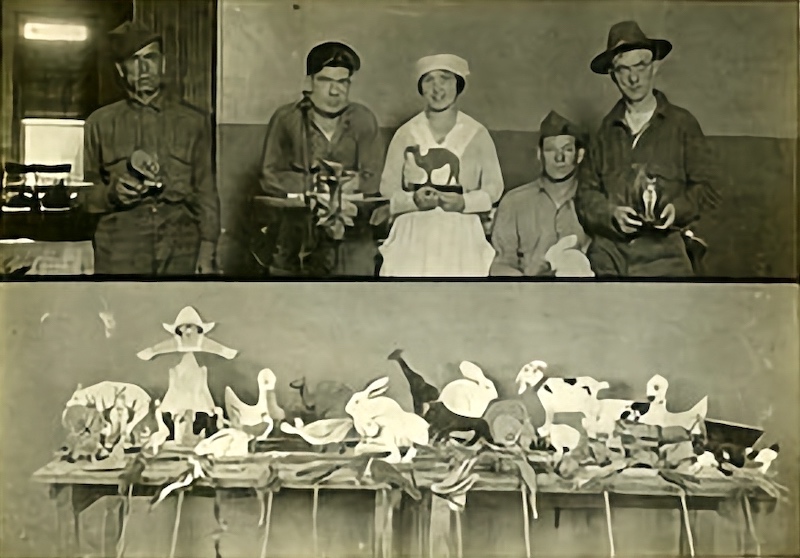My first day of fieldwork

October 1, 2012
by Kendra
I began my mental health fieldwork this week at AF Hawkins, the LA county psychiatric hospital. OTs got their start working with people with mental illness during the Progressive era in the early 20th century, but in an effort to define ourselves more medically, a lot of the arts and crafts aspect of our work was put aside for biomechanics and diagnostics. And here I was going back to our roots.

But while prepping for my first day I became very nervous reading about ‘arm’s length’ rules and ‘locked wards’ and ‘involuntary commitment.’ So despite my desire to be open minded and calm about working in a psychiatric hospital, my mind was filled with media images of bars and vacant eyes and inhumane conditions. What I saw was very very different.
Yes the doors are locked and yes you must take certain precautions to ensure yours and the patient’s safety. But what I didn’t predict was the sincerity and kindness with which the practitioners treat their patients. I didn’t imagine the laughter of adolescents echoing through the halls. So much of what I’d heard about psychiatric inpatient care was regarding role strain and the way therapists and nurses have to ‘turn off’ their emotions in order to deal with the weight of working with so many sick people. When I talked to the OTs at AFH many have worked there for over 15 years and every one I spoke to loved their job and the work they do. What is it about this place that makes the relationship between therapist and patient so effective?
Introducing the Cognitive Disabilities Model. It was created by Claudia Allen in an effort to properly pair a person’s cognitive functioning with appropriate activities. People’s cognition is rated on a 1.0–6.0 scale as are certain crafts. What this allows the OT to do is then offer activities (e.g., a greeting card or a tiled box) that properly match what the person can actually do therefore increasing the likelihood of success and satisfaction in performing that occupation. There are a lot more details that go into than that, but it works. I see OTs that know their role in the hospital and know how to help people on an individualized basis. That is the most important part, at least to me, because what they are doing is preventing the glossed over effect in which practitioners fall into the trap as viewing every person with one diagnosis as the same. They see everyone differently and suit their treatment to meet their specific needs, so OT!
⋯
Next by tag Fieldwork ⟩
⋯





